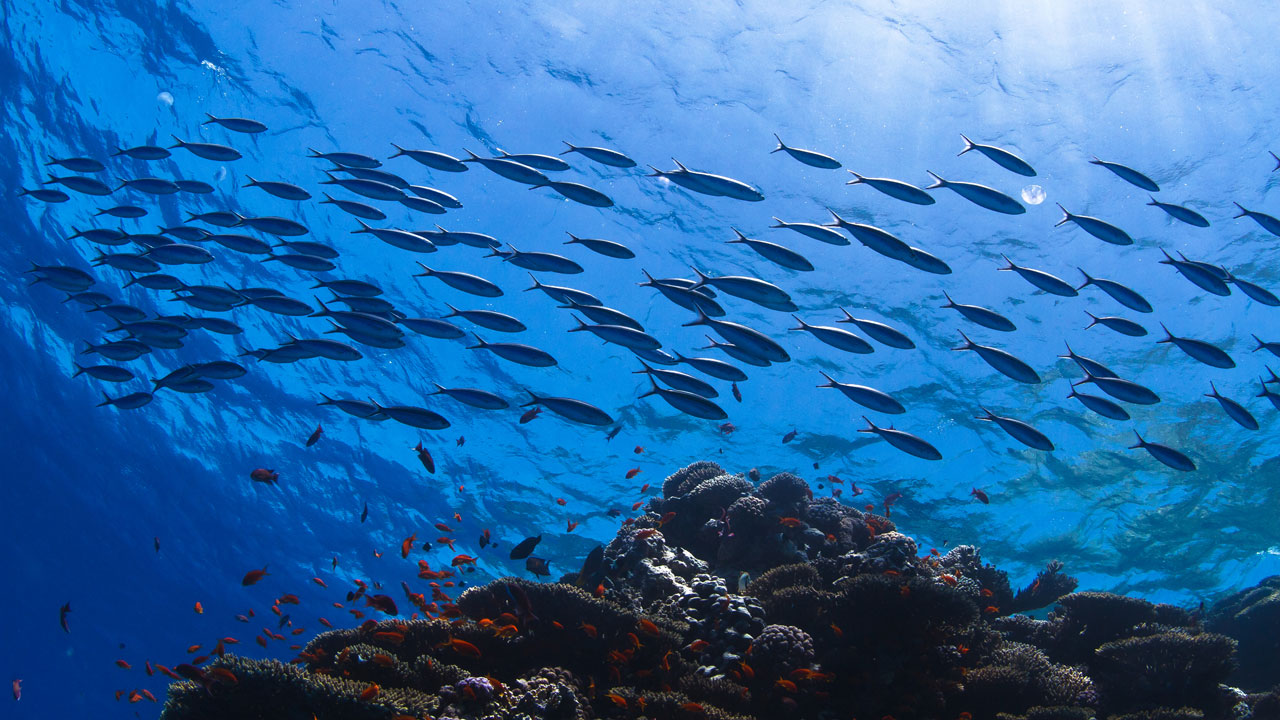
The European Union is one of the front runners when it comes to championing climate change mitigation and environmental protection.
Monitoring and evaluation are integral components in the design and delivery of their ambitious policies to ensure the EU is climate neutral by 2050.
Our EU team has significant experience of working with European institutions and bodies – as well as with international development agencies and national governments – to ensure that climate change is mainstreamed into these policies and programmes and that climate change objectives are supported by effective monitoring and evaluation systems.
Project highlights

Monitoring the Climate Protection and Climate Change Action Programme in Bulgaria
The Environment Protection and Climate Change programme (BG-ENVIRONMENT) supports Bulgaria to protect the environment, marine ecosystems, and foster climate change mitigation and adaptation. Funded by the Financial Mechanism Office (FMO) under EEA and Norway Grants, it aims to strengthen ecosystems and reduce the negative effects of pollution and other forms of environmental damage.
Our EU team provided external monitoring to the FMO. This ensured that the programme could successfully mitigate against risks and reach its objectives. With our assessments, reports and recommendations at hand, the FMO and the National Focal Point and Programme Operator – who share responsibility for the EEA and Norway Grants – were able to take informed action to address these risks.

Assessing the EU’s BUILD UP platform
The European Commission (EC) estimates that 40 per cent of the EU’s energy consumption – and nearly 36 per cent of greenhouse gas emissions – comes from buildings.
The BUILD UP web portal recognises this need for better energy performance across the Union. From climate change to energy imports and energy poverty, it is a tool that helps make energy efficiency policies more accessible for stakeholders and supports Member States to raise awareness about this issue.
Our team’s evaluation of BUILD UP provided the Commission with a wide range of practical recommendations for the platform’s development. This service included a detailed analysis of the user experience, the portal’s web social media performance and an in-depth consultation with stakeholders

Supporting the evaluation of the Deep-Sea Access Regulation
The EU’s Deep-Sea Access Regulation oversees and directs fishing activities in EU and international waters of the Northeast Atlantic.
Our evaluation study – commissioned by DG MARE – measured the impacts of this regulation. It determined to what extent it had led to an improvement in scientific knowledge on deep-sea stocks and habitats, as well as its capacity to keep vulnerable marine ecosystems safe.

Assessing green initiatives supporting EU foreign policy
We have evaluated several funded programmes and actions related to the international dimension of EU policies relevant to climate. These have included: a mid-term evaluation of the Clean Energy Cooperation in India action; Sustainable Growth and Energy Efficiency in Argentina – EUD Argentina with fieldwork carried out in-country; and mid-term evaluations of the India-EU Water Partnership and the Resource Efficiency Initiative.
We reviewed reported information from implementing partners and EU delegations, including projects such as the EU-GCC Clean Energy Technology Network, the Emerging Leaders in Environment and Energy Policies Transatlantic Energy and Climate Dialogue, Energy Future Exchange, EU Clean Energy and Climate Partnership and EU-China Energy Cooperation Platform.

Assessment of cost and carbon footprint savings generated by the European Health Policy Platform
Tetra Tech was contracted by the European Commission’s DG Health and Food Safety (DG SANTE) to provide robust evidence about the use and functioning of the EU Health Policy Platform. As part of the assessment, the study team worked on calculating the estimated carbon footprint generated by the Platform and its different activities, including webinars, meetings, and the website infrastructure. Publicly available tools and benchmarks for CO2 savings were used for the analysis.